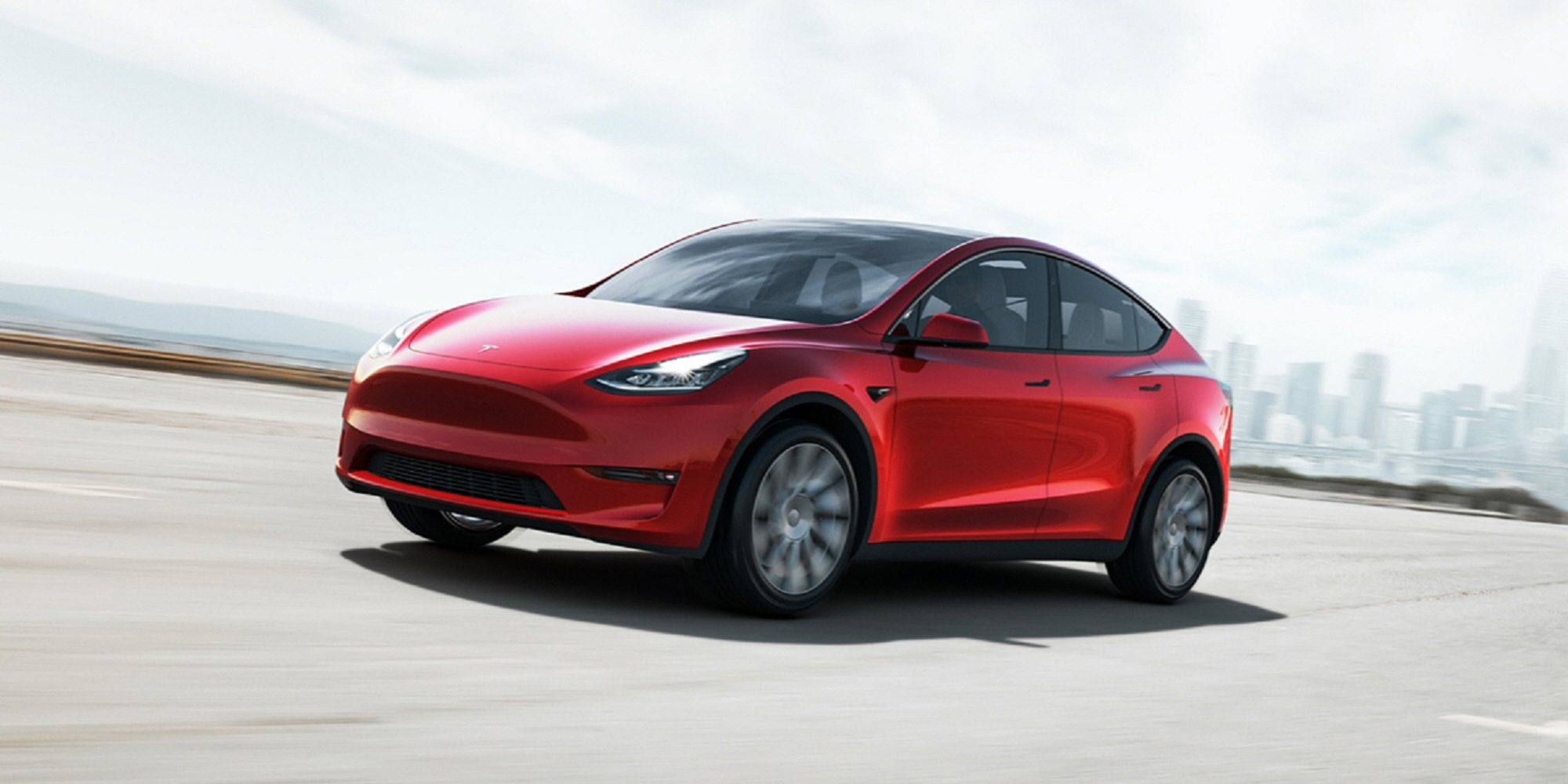
Tesla has received a fine of 2.8 billion won from the Fair Trade Commission due to violations related to unreported low-temperature driving range and violations of fair trading laws.
The Fair Trade Commission decided to impose a corrective order and a fine of 2.85 billion won along with a 1 million won penalty on Tesla Korea for breaches of the Display Advertisement Law and the Electronic Commerce Law. According to the Fair Trade Commission, Tesla Korea failed to adequately disclose the driving range per charge. For the Model 3 Long Range, it only disclosed a maximum driving range of 446 km under standard temperature conditions. However, it did not mention that the driving range under low-temperature urban conditions is only 220 km.
There are also accusations that Tesla exaggerated claims regarding Supercharger stations. They did not specify the types of Superchargers or testing conditions, and claims about reaching certain driving distances within 30 minutes or 15 minutes are considered false advertising.
Within the country, there are V3 Superchargers rated at 250 kW and V2 Superchargers at 120 kW, but Tesla is said to have exaggerated claims based on the V3 Supercharger. The V3 Supercharger has only been installed in Korea since 2021, while only V2 Superchargers were available prior to that time.
Tesla is also accused of misleading customers regarding charging fees. Assuming a cost of 135.53 won per kWh and advertising as cheaper than gasoline vehicles, the average charging cost from the top 10 charging service providers in South Korea (July 2020 – June 2021) is 191.7 won for slow charging and 255.3 won for fast charging, which could be up to 88% more expensive than Tesla’s estimate. The Fair Trade Commission argues that Tesla intentionally omitted the fact that charging costs vary based on various factors like charger providers, charging speeds, and government discount policies.
Moreover, it has been pointed out that Tesla deceived online payment customers by requiring a prepayment of 100,000 won as a processing fee upon ordering, which was not refunded if the order was canceled. While Tesla accepted online orders, canceling those orders required calling Tesla’s call center instead of doing it online, exacerbating customer inconvenience. While ordering was convenient, the process for order cancellation was extremely inconvenient, hindering customers’ right to cancel orders as guaranteed by law, according to the Fair Trade Commission.
Lee Sang-jin daedusj@autodiary.kr
